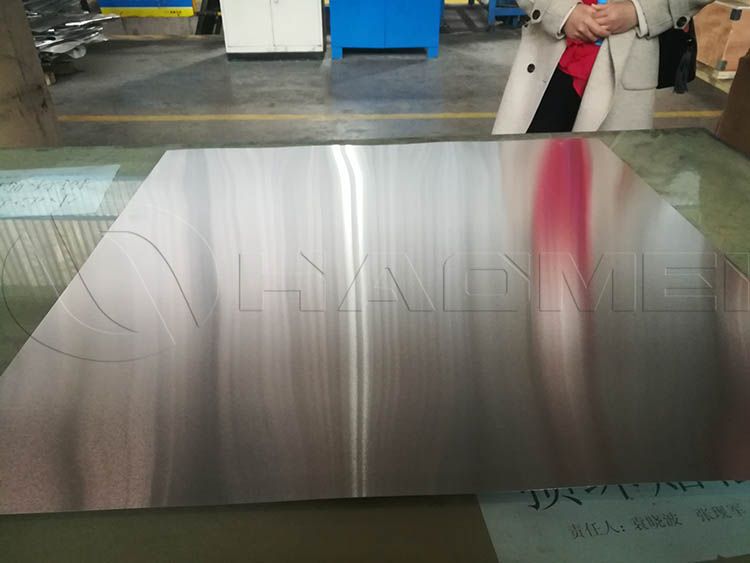Get in touch
-
Email:
sale@alumhm.com -
Tel/whatsapp:
+86-15978414719 -
Fax:
+86-0371-65621393 -
Address:
No.14 Waihuan Road, CBD, Zhengzhou, China -
Website:
https://www.aluminium-auto-sheet.com
6016 Automotive Aluminum Sheet
The automotive aluminum sheets can be classified into 5000 series, 6000 series and 7000 series in terms of alloy composition. 5754, 5182, 5023 are used for inner covering parts and structural parts; 6016 aluminum, 6014, 6022, 6111 are used for outer covering parts.
6000 aluminum alloys are currently the most widely used aluminum alloys for automobile sheet metal parts in the automobile industry. They have excellent formability, high strength performance, corrosion resistance, hemming performance, high surface performance, etc. At the same time, after painting and baking, the strength performance has been improved to a certain extent.

6009, 6010 and 6016 aluminum alloys are currently used in the outer and inner panels of automobile bodies due to their good plasticity and the artificial aging that can be achieved in the process of painting and baking after forming to obtain higher strength.
6016 aluminum sheet is used in the outer panel of the car door, which can meet the dent resistance design requirements by increasing the thickness of the sheet and optimizing the structure. Under the premise of meeting the rigidity, strength design requirements and relevant collision regulations, AA6016 aluminum alloy plates can be widely used to replace traditional steel plates in the outer panels of automobile doors, so that the weight can be reduced by more than 40%, and the purpose of lightweight can be achieved.
The 6061 alloy reaches medium strength after special treatment (T6), and its strength is higher than that of the 5 series alloys. Moderate strength is very suitable for the automotive industry. The aluminum alloy sheet used for different parts of the automobile body is also different. Among them, the 6061 aluminum sheet is used for the car fender, outer hood panel and car door.
The 6016 aluminum sheet can meet the vehicle manufacturing requirements after the solid solution-T4P-baking paint treatment, but the process parameters have a great influence on the final performance.
Insufficient solution treatment reduces the precipitation power of T4P and artificial aging during the baking process. Long holding time may lead to grain coarsening. Low pre-aging humidity will reduce the performance stability of the plate during placement and the hardening effect during the baking process.
If the temperature is too high, it will affect the formability of the stamping process. It can be seen that the solid solution and T4P process parameters should be optimized in order to obtain ideal comprehensive properties.
